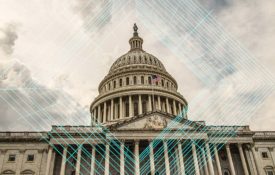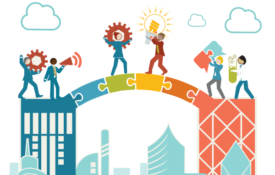
A New Approach to Understanding Psychopathology: Insights from the HiTOP Model
Podcast: APS’s Özge Gürcanlı Fischer Baum and Miri Forbes of Macquarie University address how traditional models like the DSM categorize mental health disorders and explore Forbes’ recent study, which highlights the more nuanced and dimensional approach that the emerging HiTOP offers.








